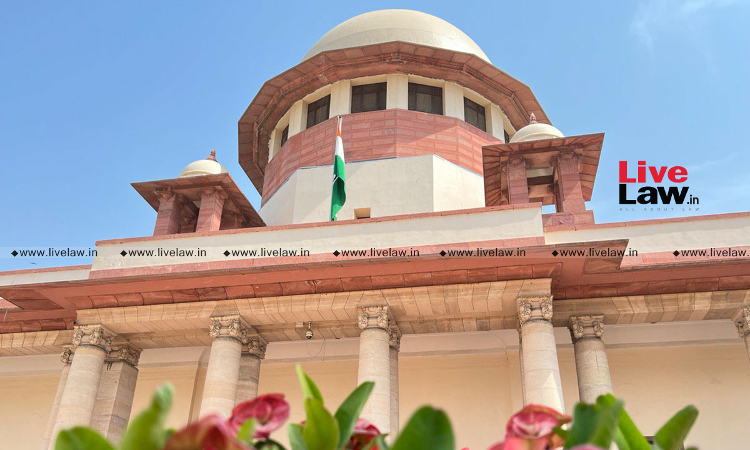Provisions Of Limitation Act Has No Application When A Statute Extinguishes The Right Itself: Supreme Court
LIVELAW NEWS NETWORK
31 July 2022 2:17 PM IST

Next Story
31 July 2022 2:17 PM IST
The Supreme Court observed that the provisions of Limitation Act will not have apply when a Statute extinguishes the right itself.The distinction between barring a remedy as exception is well established, the bench observed in a judgment in which it dealt with the Rule 30 of the Second Schedule of the Carriage by Air Act, 1972.The Rule 30 provides that the right to damages will be extinguished...
